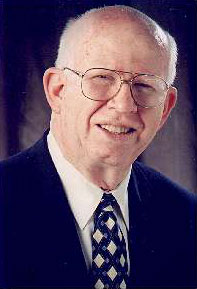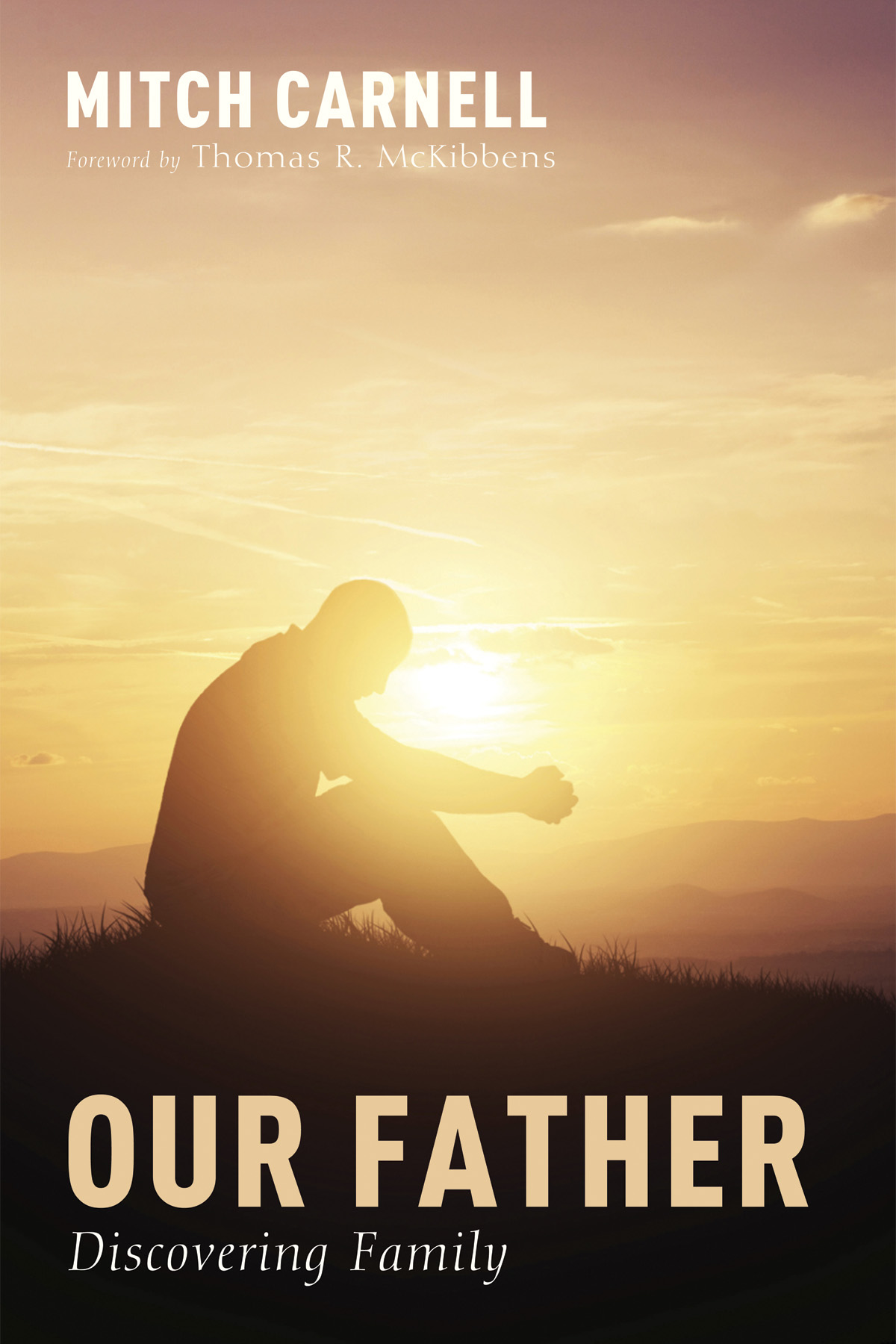“As some of you pointed out to me, I have run out of the Ten Commandments,” the Rev. M.
Craig Barnes said. “Today, we will look at Jesus’ summary of the law, an interpretation of
what was always at the heart of the law — to love God with all your heart and soul and mind and strength and your
neighbor as yourself.” The pastor concluded his sermon series on “Ten Signposts on the Way to Freedom” at the
9:15 a.m. morning worship service Friday in the Amphitheater. Barnes’ title was
“Getting Close to the Kingdom” and the Scripture text was Mark 12:28-34.“We are commanded to love God,” he
said. “That is at the heart of the commandments. We don’t need to know about
God. We don’t need to know God’s opinions on social issues. We don’t have to go to seminary or be a professional
theologian. We have looked at both tablets of the law. The first is about how to love God — no other gods. Don’t
make idols. Don’t worship other gods. Don’t use the Lord’s name for things the Lord did not intend. Keep the
Sabbath. The second is how to love your neighbor. Then honor your
father and mother. Don’t murder. Don’t commit adultery. Don’t steal.
Don’t bear false witness. Don’t covet what your neighbor has.” Barnes then continued, “The order is important —
in order to love your neighbor you better be loving God. You must attend to the first before the second [tablet].
Everyone is talking about burnout, especially compassion burnout.
People say that they are doing all they can. They can’t give any more, and it does not seem to make any difference
anyway. They are not doing too much — they have not loved God first. The only way to give to your neighbor is to
love God first; God’s love will pass through you to your neighbor. And for those of us with low self-esteem, to
love our neighbor as ourself is no blessing.”
Author Bruce Larson has written that people hear voices from the basement and voices from heaven, Barnes said.
The voices from the basement are those that say “you are not good enough.” “We can be haunted by those voices
all our lives if we choose,” the pastor said. “The voice from heaven is the voice
that people heard the day Jesus was baptized: ‘This is my beloved child, with whom I am pleased.’ This is what
God is saying about you; these words will guide you the rest of your life. You have to choose how you will
respond to God who says ‘I love you.’ ”Barnes used the example of people who have been dating
and “someone takes the risk to say ‘I love you’ first. Some people plan for this — tonight is the night — while
others stumble around but it is finally on the table. Now what occurs? The relationship has hit a crossroad, and
the future depends on what the other person says. “If the other person says, ‘Well, thanks for sharing,’ you
are done,” he continued. “It is over because you can’t just be friends with someone who is in love with you. If the
person says ‘I love you, too,’ then you can move ahead.” God, Barnes said, already took the risk in baptism, and is
holding holy breath waiting for a response. “You can’t just hang out with God or just be friends,” he
said. “The only way to say ‘I love you’ to God is to love your neighbor as yourself.”
He added that, in Luke’s Gospel, the clergy come back with a question for Jesus — who is my neighbor? — and
Jesus tells the story of the Good Samaritan. “To love the neighbor as yourself only works when it is an
expression of the love that flows down from heaven,” he said. Barnes said that he had two spectacular
grandmothers — a city grandmother and a country grandma. From his city grandmother he learned how to be a
gentleman. He learned etiquette. “We had linen on the table and china — even if it was chipped — and silver
candlesticks and more forks than I knew what to do with. [She taught me] to stand for women, and not
to eat before everyone was served. It was not much fun, but I learned about how to be careful [of things and
people].” With the country grandma, the family ate in the kitchen on a red and white checkered vinyl tablecloth
“which could absorb spilled milk,” he said. “There was one fork, and if you dropped it you had to pick it up fast
because there was always a dog around. People spoke loudly and you never knew who was going to be at the table
and there was a lot of laughter. My grandma used to tell a joke and then laugh and slap the table three times — a
Trinitarian laugh.” In most Protestant churches, when Communion is served, “it would make my city
grandmother proud,” he said. “We set the table with linen. The clergy are careful not
to spill the juice. It is orderly and decent. My theology is more closely aligned with my country grandma — a
joyful feast where anyone who confesses ‘Jesus is Lord’ is welcome and he is happy to have us.”
Barnes said he had grown to appreciate his city grandmother because he has been part of too many church
debates that had no civility. “We were not careful with each other,” he said. “We have not loved our neighbor in
church well. We have to train ourselves in civility — it is not just an emotion; it is a committedness
to receive the love of God and pass it on. “To be civil is to know what is right and to do what is
right,” Barnes added to conclude. “To take care of the person beside you. Choose to be a lover. Choose to care for
your neighbor. It is the way to say to God, “I love you too.”







